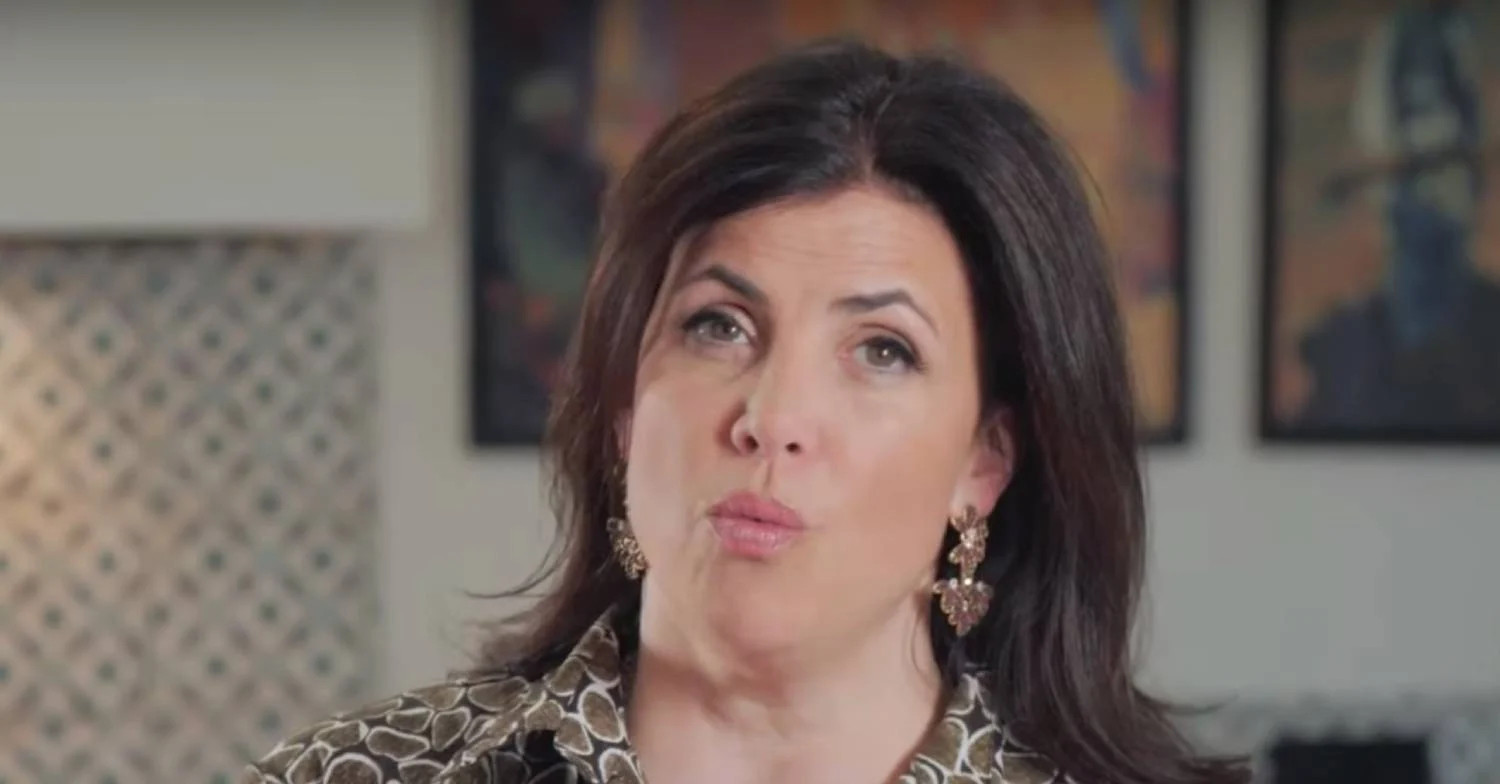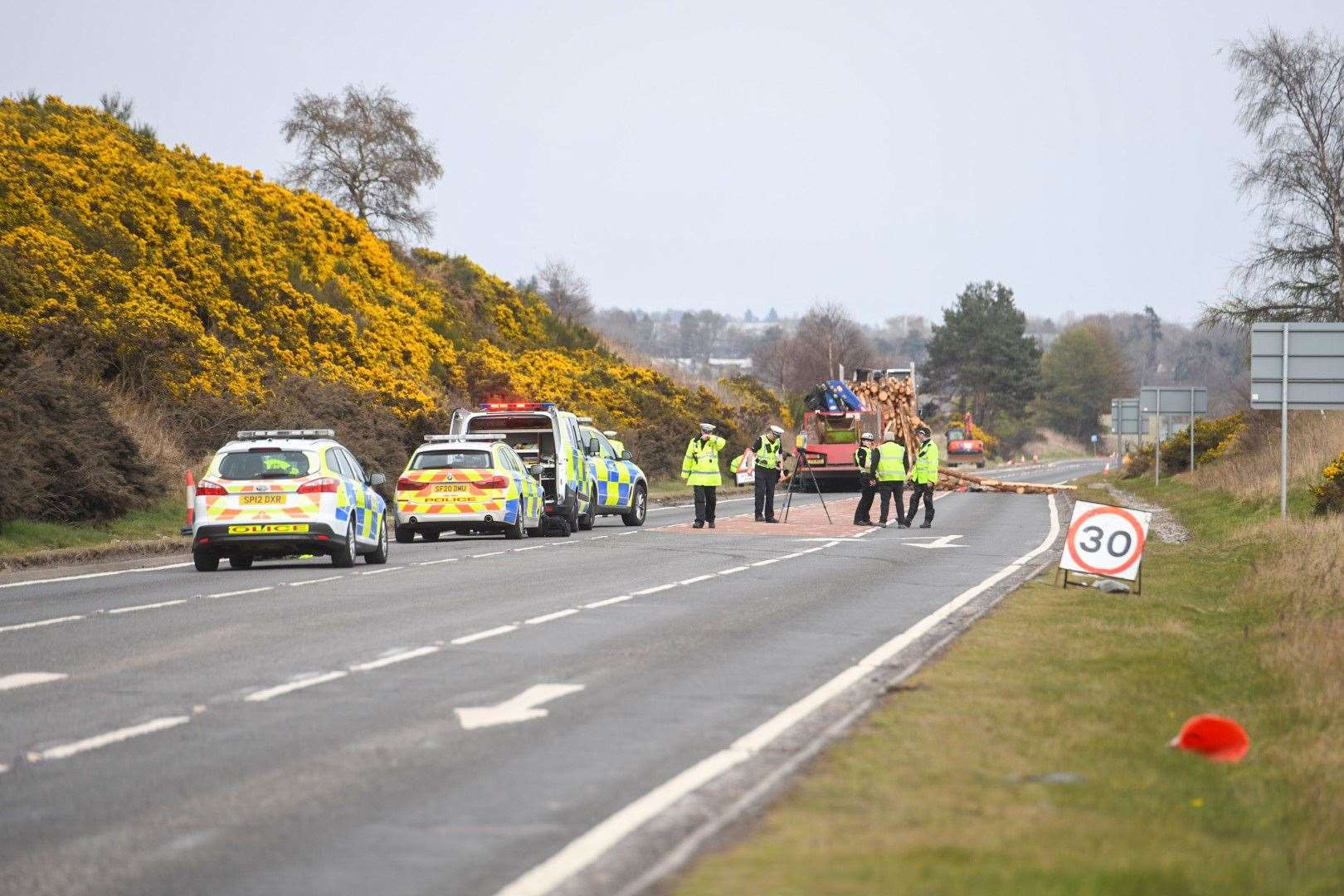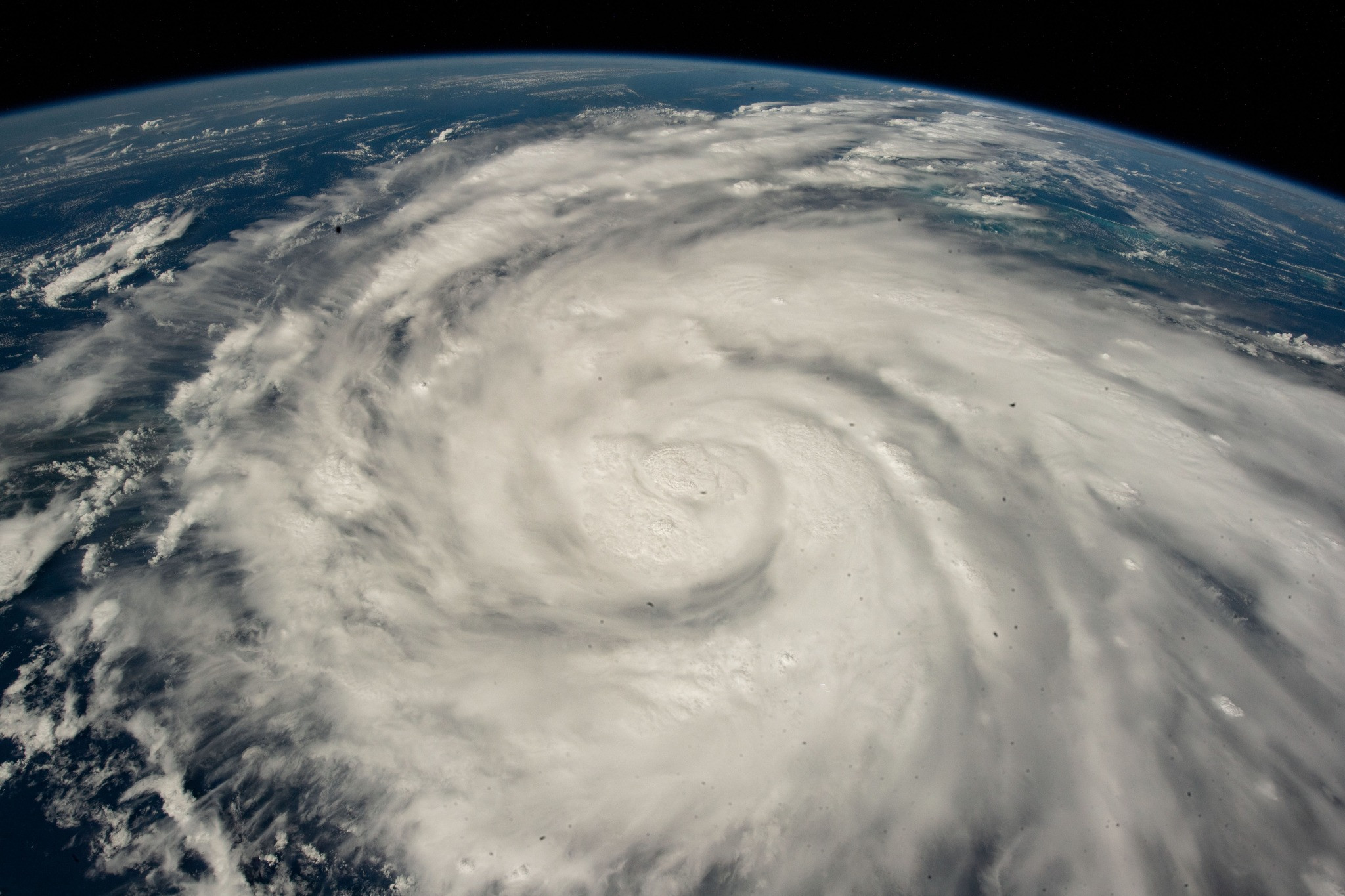The TV presenter has been criticised after her son went Interrailing at 15, but isn’t taking risks part of growing up?
Would you let your 15-year-old go Interrailing? This is the question that has provoked enough impassioned discussion to make it on to the Today programme (although we must remember it is August). The TV presenter Kirstie Allsopp, who is no stranger to provoking a reaction with her forthright views, allowed her son to do just that. Against all odds, the boy has returned alive and well in time to get his GSCE results, although this hasn’t prevented vocal criticism online and off.
I’ve disagreed vehemently with Allsopp about various things, but in this case I find her stance rather admirable. She says that Oscar – who hopefully isn’t too mortified by all this – is a very sensible young man, and that she’d worry more about him getting in a car with a new driver, or going to a festival. I did both as a teenager (I was too skint for any Interrailing). I went to my first weekend festival at 15, several hundred miles away from where I lived, and spent my teens enjoying various overnight camping shindigs in local but remote rural locations where drugs – usually weed – and alcohol were consumed. Just as Allsopp might be horrified by the prospect of similar episodes, so our parents wouldn’t have been thrilled about the illegal raves that gen X latchkey kids were putting on in abandoned quarries. Times change.
Many kids leave school at 16. Some move out, though that is less common than it used to be. You can consent to sex or choose to die on the frontline, should you so wish. Soon, hopefully, you will be permitted to vote. Of course, you can continue this line of thinking all the way down to the inevitable “my great-great-grandfather was sent down chimneys at five and lived to tell the tale”, but that’s not especially helpful. Children are, thankfully, granted more of a childhood than their ancestors were, but they also face a corresponding loss of freedom.
I can still remember reading the Famous Five books and being amazed at how five children under 12 were just sent off on bicycles with a picnic and a bit of cash, despite alarmingly frequent repeat encounters with criminals. That may have been fiction, but my grandparents told me it wasn’t far from the mark, smugglers aside (although somewhat explosive and unsanctioned chemistry experiments seemed to be the norm among previous generations of adolescent boys – or is that just my family?).
In turn, perhaps today’s kids would wistfully contemplate my own childhood roaming radius, which amounted to at least a couple of miles with no fuss as long as you were back by teatime. There was a map I saw not long ago which compared four generations of children and just how far they were allowed to roam in the Sheffield area, with the great-grandfather getting six miles and the current eight-year-old 300 yards, to the end of the street. It does make you think about the impact it could be having on wellbeing. My former colleague Decca Aitkenhead’s struggle to get an experimental phone-and-parent-free camping trip for her son and his friends signed off by the Times also made me think about the negative effects of these changing values. Some psychologists believe that the dwindling role of independent play and roaming may be a factor in today’s child and adolescent mental health crisis.
As justification for these ever-shrinking circles of freedom, we often hear that the world is a less safe place (although Allsopp, having read Factfulness, by the Swedish academic Hans Rosling, argues this is a misconception, and many, including the psychologist Steven Pinker, would agree with her). What we hear less about is how parents have become more anxious. We know that more parents are wrestling with mental health issues than ever before, but the impact of this on children and child-rearing is something we hear less about. Could it be that this increase in anxiety disorders is shaping parenting norms?
As with many parenting debate topics, people will bring their own stuff to navigating the issue of how much freedom you allow your child. I’m still so new to this, and a few months ago I noticed that I was reacting too emotionally to my son falling over. This wasn’t helping him, and I wasn’t enjoying Googling skull fractures every time he took a tumble. So, figuring that his premature birth, some early hospitalisations and my own childhood shit (technical term) were affecting how I parented, I sought help and advice. Now when he falls I’m much calmer, and I’m better at allowing him to take risks. I didn’t want his freedom to suffer because of my own fears, just as my own mother didn’t allow her discomfort with some of my more adventurous plans to stand in my way. (That’s said, he’s only two, and thankfully won’t be asking to go Interrailing any time soon.)
Every parent will navigate risk, or perceived risk, differently, and of course no two children are the same. A streetwise 15-year-old with access to a credit card and a network of well-heeled continental contacts might cope better than a sheltered teen of the same age who has trouble making sense of train timetables. Some teens may have special educational needs and won’t be ready to embark on travel without an adult for many years yet. Other, “parentified” children will have had to grow up too quickly and will be unusually confident as a result. It’s impossible to generalise, though almost all young travellers now will be just a phone call away, unlike in the past.
Yet in granting her son more freedom than some consider usual, Allsopp has given us all something to think about: is roaming a children’s rights issue? And are we failing to encourage independence by depriving them of it?
Is it about the child, or the parent?
The debate about whether it is acceptable to let teenagers travel alone is a complex one. It is not just about whether a child is mature enough, but also whether the parent is ready to let go. Many parents, including Dan Gregson, a 49-year-old teacher, express anxieties about letting their children go abroad alone. While he acknowledges that his 18-year-old son is sensible, he worries about others who might be in his company. This feeling of anxiety is not uncommon among parents in the current climate.
The impact of anxiety on parenting
In this increasingly risk-averse world, it is important to consider the role of parental anxiety in shaping parenting norms. There is a growing awareness of the increasing prevalence of mental health issues among parents, but its impact on how we raise our children is often overlooked. It is worth exploring whether this rising anxiety is contributing to the shrinking circles of freedom for our children.
Balancing protection and independence
Psychologist Anna Mathur emphasizes the need to consider the individual child and the parent-child relationship when making decisions about allowing children to travel alone. She acknowledges that there is no definitive age but rather a need to assess maturity levels and individual readiness. She also suggests that parents reflect on their own anxieties and consider whether they are based on valid concerns or projections of their own experiences. This self-reflection is crucial to ensure that our anxieties do not limit our children's opportunities for growth and development.
A collaborative approach
Mathur suggests that setting ground rules is a good practice, but emphasizes the need for a collaborative approach rather than an authoritarian one. Engaging children in decision-making processes, like planning family activities or managing household responsibilities, provides insight into their ability to handle greater responsibilities. This approach helps foster a sense of partnership and trust between parent and child.
A nuanced approach to freedom
Ultimately, there is no one-size-fits-all solution to the question of when children are ready to travel alone. Some parents might opt for a gradual approach, starting with supervised trips and then allowing more independence as their children demonstrate maturity and responsibility. Others might be comfortable with their child traveling abroad alone at a younger age, while others might choose to wait until they reach a certain age. There are different legal regulations in place depending on the destination, so it is essential to be aware of these.
Giving our children wings
While anxieties are natural, it is important to consider that restricting our children’s independence may ultimately be detrimental to their development. As Allsopp suggests, “If we’re afraid our children will also be afraid, if we let go, they will fly.” Perhaps it’s time to consider the long-term benefits of allowing our children to experience the world and develop their own skills, even if it means taking some calculated risks.
The future of travel for kids
It seems the debate about the right age to travel alone is not going away anytime soon. With the advent of technology, communication is easier than ever, which may lead to some parents feeling more comfortable with their children traveling further afield. However, the issue of parental anxiety remains a crucial factor. As society evolves, it will be fascinating to observe how this ongoing tension between protection and independence plays out in the future of travel for children.
It’s up to the individual
Ultimately, the decision of when to allow a child to travel alone is a personal one. There is no right or wrong answer. What’s important is to engage in open communication with your child, to carefully consider their maturity level, and to trust your instincts as a parent. We all want our children to be safe and to thrive, and finding that balance between protection and independence is a lifelong endeavor.


















